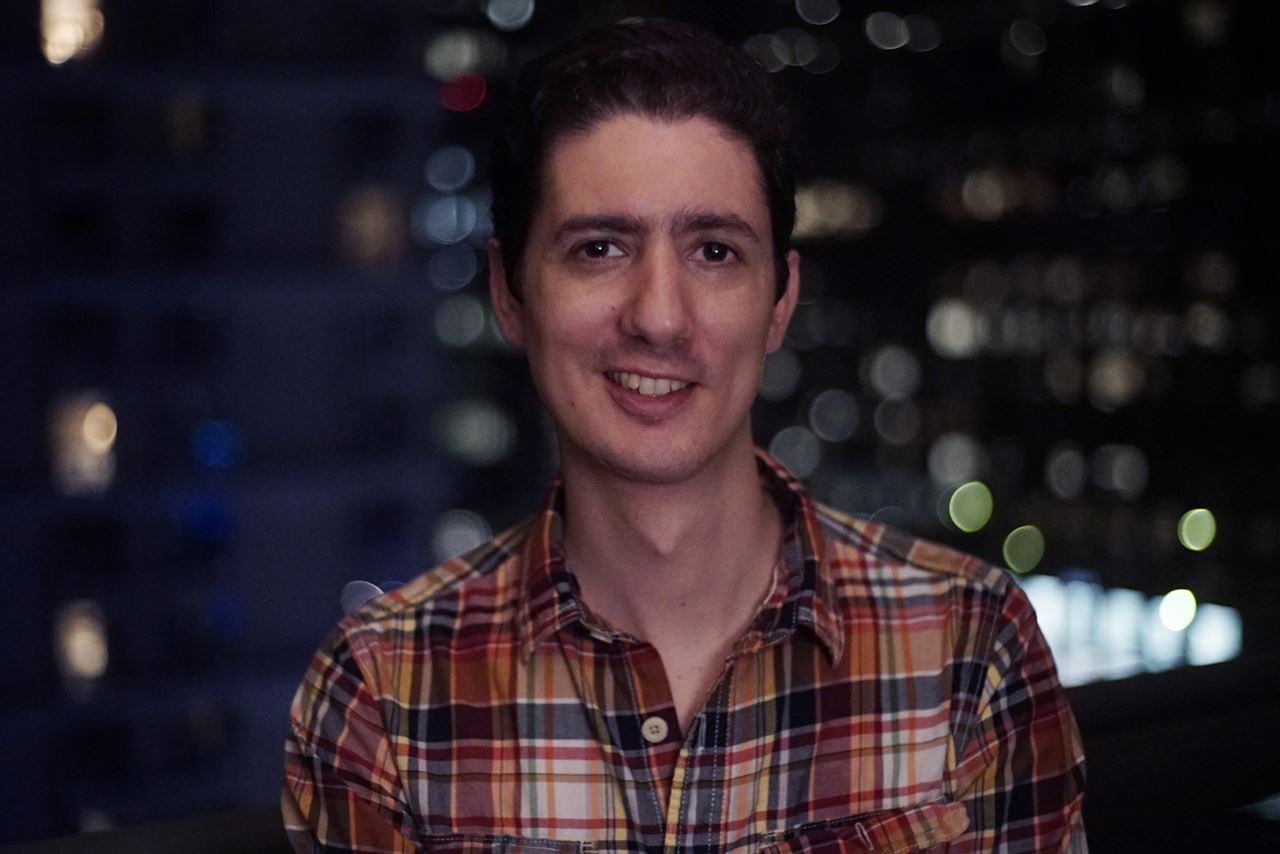If we want things to change, we have got to start with our own actions. There is always, always, a better way.
 Filmmaker Alejandro Marquez VelaPhoto: Alejandro Marquez Vela
Filmmaker Alejandro Marquez VelaPhoto: Alejandro Marquez Vela
What do you do when you have to choose between two bad things? It is this question of dilemma — an impossible choice — that is central to Alejandro Marquez Vela’s short film “G.I. José,” which won the Relationships First Award at the My Hero International Film Festival for 2017.
The fictional film depicts a young Latino United States soldier and the impossible choice he is forced to make because of his mother’s undocumented status when immigration officers come into their home.
Though it is a work of fiction, Marquez Vela drew on current issues and actual events. In 2016, more than 200,000 undocumented people were deported from the United States, in many cases tearing families apart.
“The film is not based on a single true story,” he said. “But rather, on countless stories of immigrants currently living in the United States. Stories like ICE agents stopping an immigrant father after dropping his daughter at school, or immigrant vets being deported after having served in the U.S. Army.”
Alejandro Marquez Vela is a native of Mexico, born and raised in Guadalajara. He began a career in television after college there and came to the United States to study filmmaking at the University of Southern California as a Fulbright Scholar. He is currently a graduate student in his last year at the university. “I am currently working on several projects, all towards graduating next semester. I'm in the middle of writing a feature film that I would like to shoot in Mexico after graduation, as well as working on my thesis film.”
Marquez Vela credits his desire to make films with his early exposure to music, theater, and literature in school in Mexico.
“While studying Shakespeare in middle school, we watched both Franco Zeffirelli's as well as Baz Luhrmann's adaptations of “Romeo and Juliet” in class,” he said. “This was the first time I truly understood the creative role of a director in film.”
One of the interesting directorial decisions Marquez makes in “G.I. José” is leaving what happened open to interpretation:
“One of the themes of the film is that racism is spawned by fear and cynicism, always expecting the worst-case-scenario of a situation. In the film, it is never specified if the fantasy scene is a figment of José's frustration, or if it is the manifested fears of the officers.”
The film’s intriguing quality comes from this uncertainty of events, and makes the viewer ask, “What would I do?”
“What I would like people to take from this film,” Marquez Vela said,“is that there can always be a worst-case-scenario, but that it is up to us to avoid it. If we want things to change, we have got to start with our own actions. There is always, always, a better way.”
Page created on 11/7/2017 3:31:38 AM
Last edited 9/2/2021 11:18:30 PM
